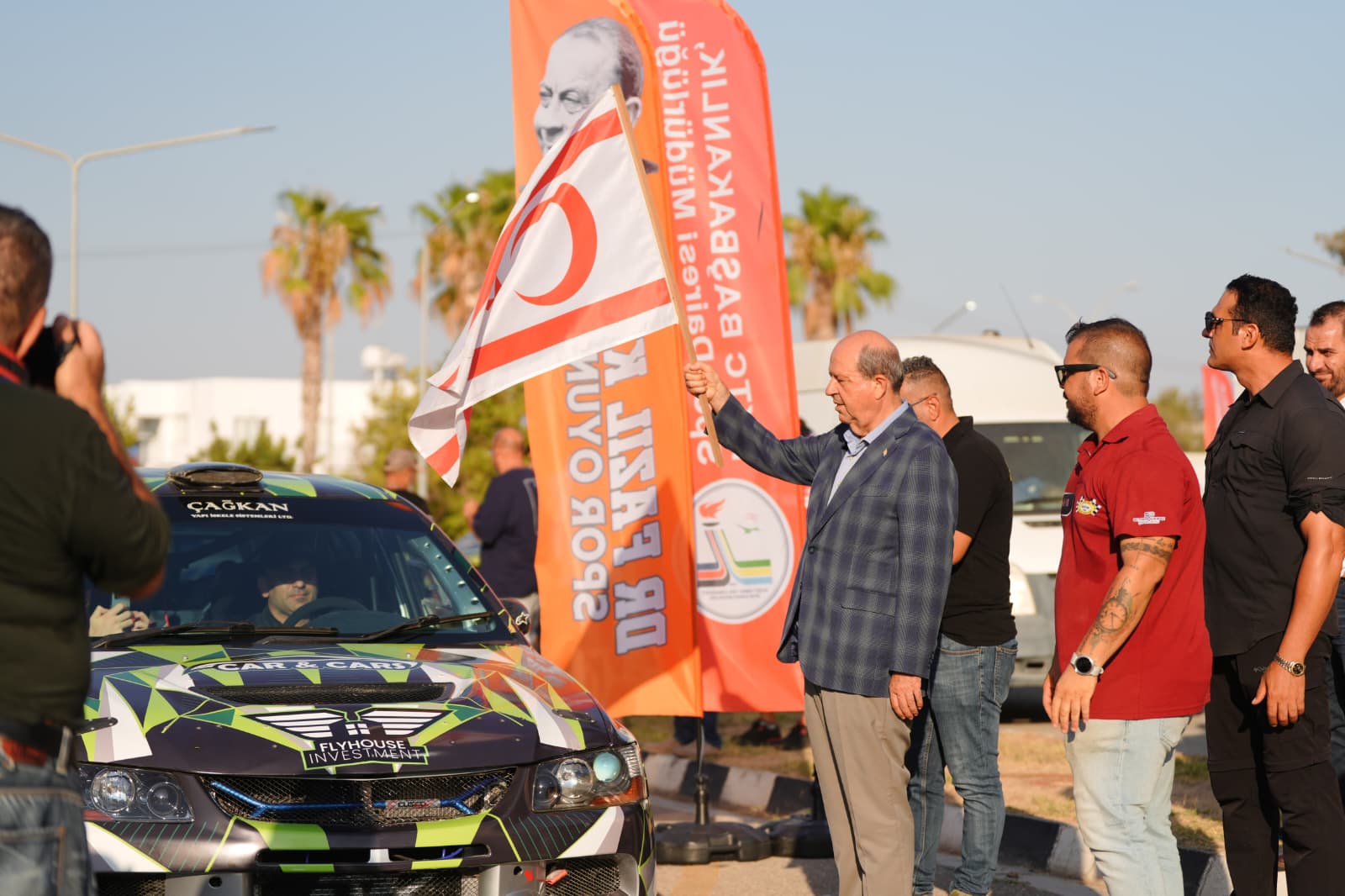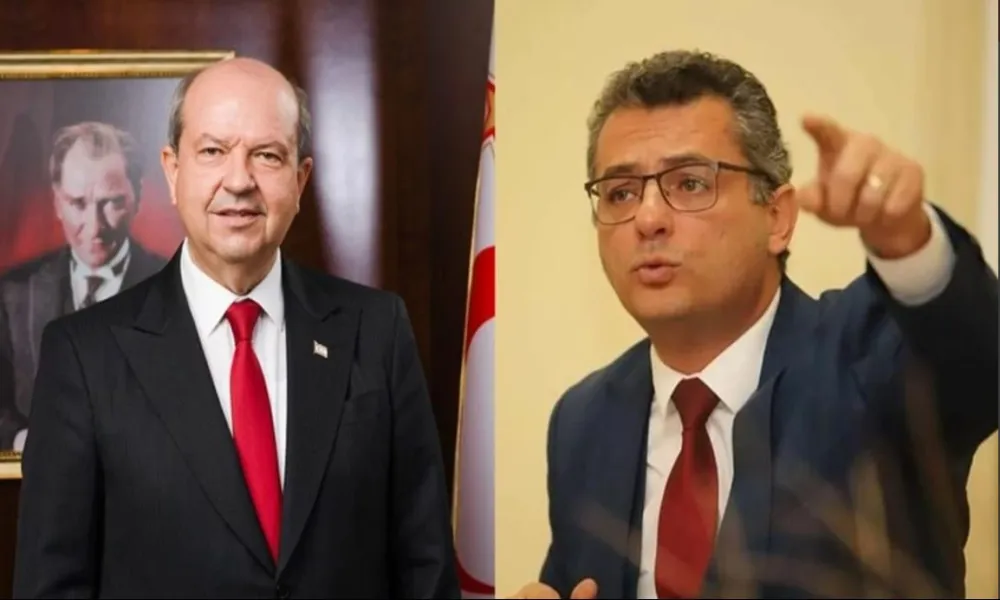The Turkish Cypriot community enters one of its most consequential leadership contests in years. On 19 October, voters in the occupied north will choose their next Turkish Cypriot leader against a backdrop of high inflation, mounting cost-of-living pressures and an impasse in Cyprus talks. How are Ersin Tatar and Tufan Erhürman framing their pitches?
Erhürman: Participation, equality and a federation framework
With the slogan “This people will have a voice, and that voice will be our common pledge,” Tufan Erhürman sets out a manifesto aimed at turning fatigue into hope: “We are tired, but not disheartened.” He deliberately shifts away from a personalised style of politics, casting the “presidency” as a collective, open institution, “not a closed office, but a space for participation by children, youth, women, workers and minorities. Its lights will never go out; its committees will work day and night.”
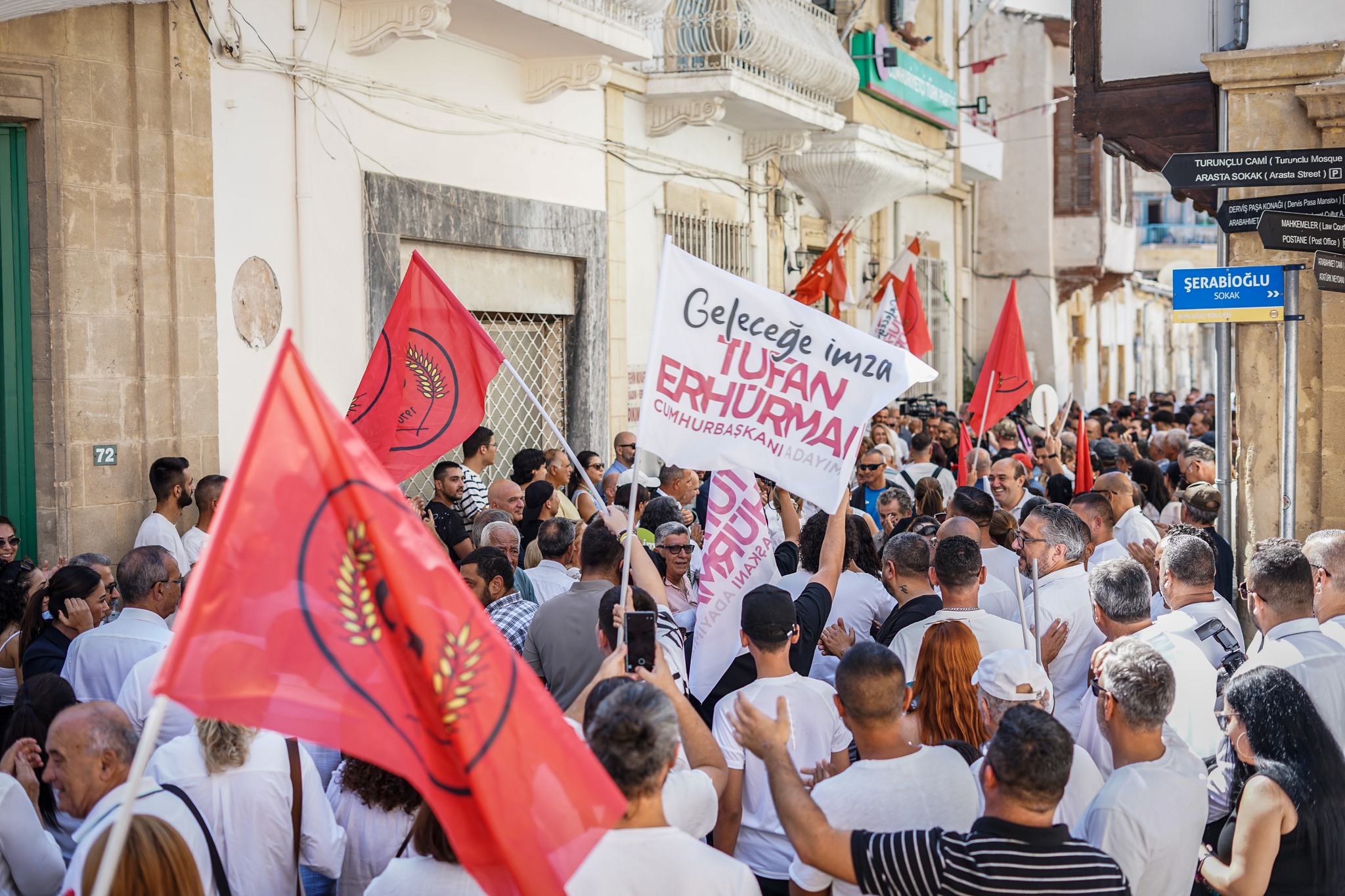
On the Cyprus issue, Erhürman argues for political equality between the two co-founding communities within a bizonal, bicommunal federation with strong constituent states and joint decision-making on energy, security and the EEZ. He sets conditions for restarting talks: acceptance of rotating presidency, a clear timeline to avoid drift, respect for existing convergences, and a guarantee that Turkish Cypriots will not revert to today’s status quo if negotiations collapse.
He also defends the Immovable Property Commission as a tool of international legality, calls for support to children of mixed marriages who lack EU recognition, and opposes the marginalisation of the Turkish Cypriot community from hydrocarbon projects and electricity interconnection plans. He rejects excluding youth, athletes, artists and academics from international forums. While advocating close cooperation with Turkey, he stresses equality in the relationship, and seeks deeper ties with the EU, UN, the Organisation of Islamic Cooperation and the Organisation of Turkic States. He says the presidency must also serve as an institutional check on corruption, anchored in meritocracy.
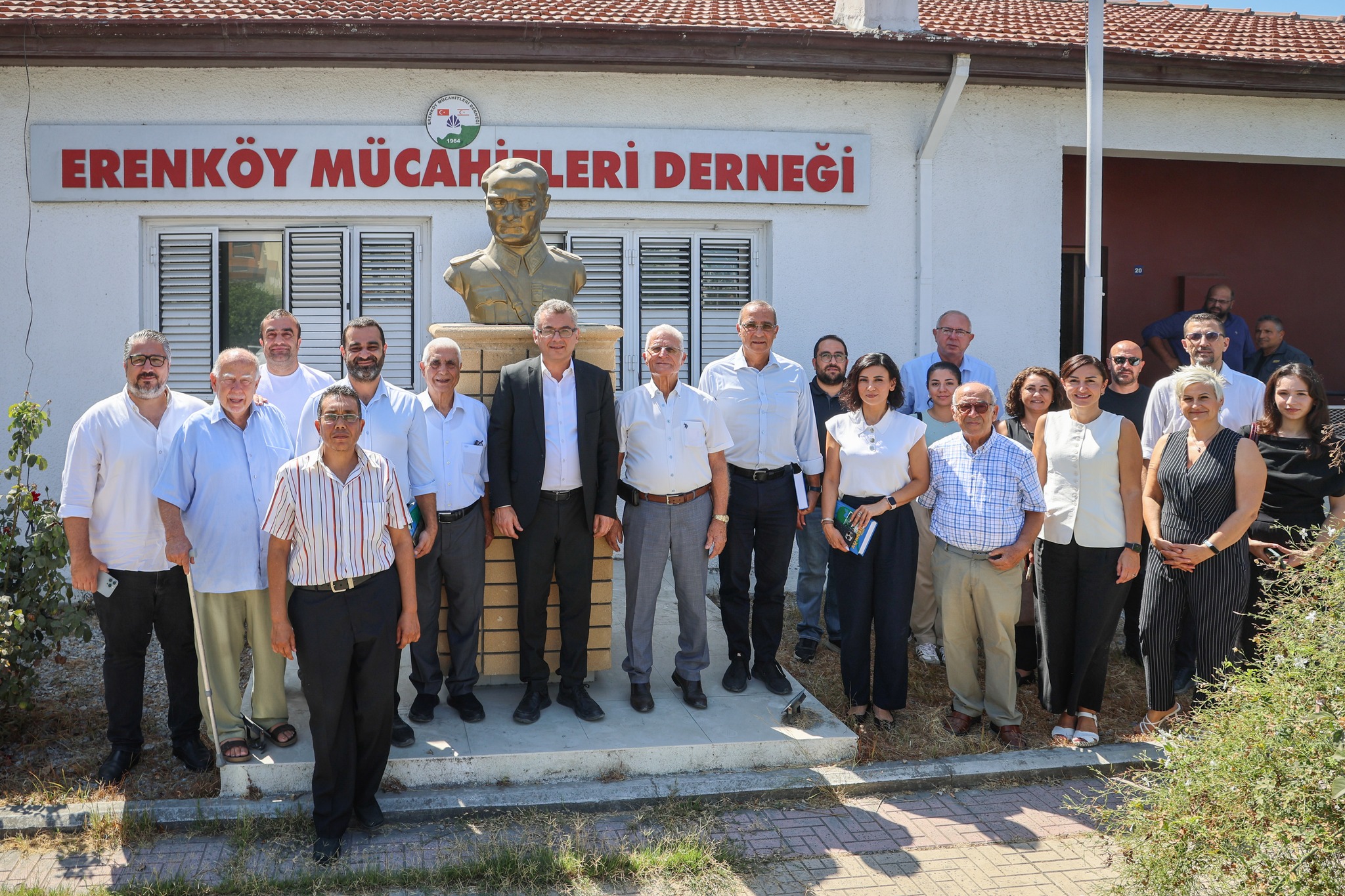
Tatar: Two states, sovereign equality and alignment with Ankara
Launching his bid under the slogan “Together we are one; our cause is one,” Ersin Tatar runs with the backing of the Common Sense Agreement electoral alliance: UBP, DP and YDP. He places a two-state outcome at the centre of his campaign, mirroring Ankara’s line in recent years. Tatar and his allies press for international recognition of the “sovereign equality” of Turkish Cypriots and their existence as an independent state. Since his 2020 election, at Geneva and other UN-led meetings, he has argued the federal model is not viable, and that the only realistic option is cooperation between “two sovereign and equal states.”
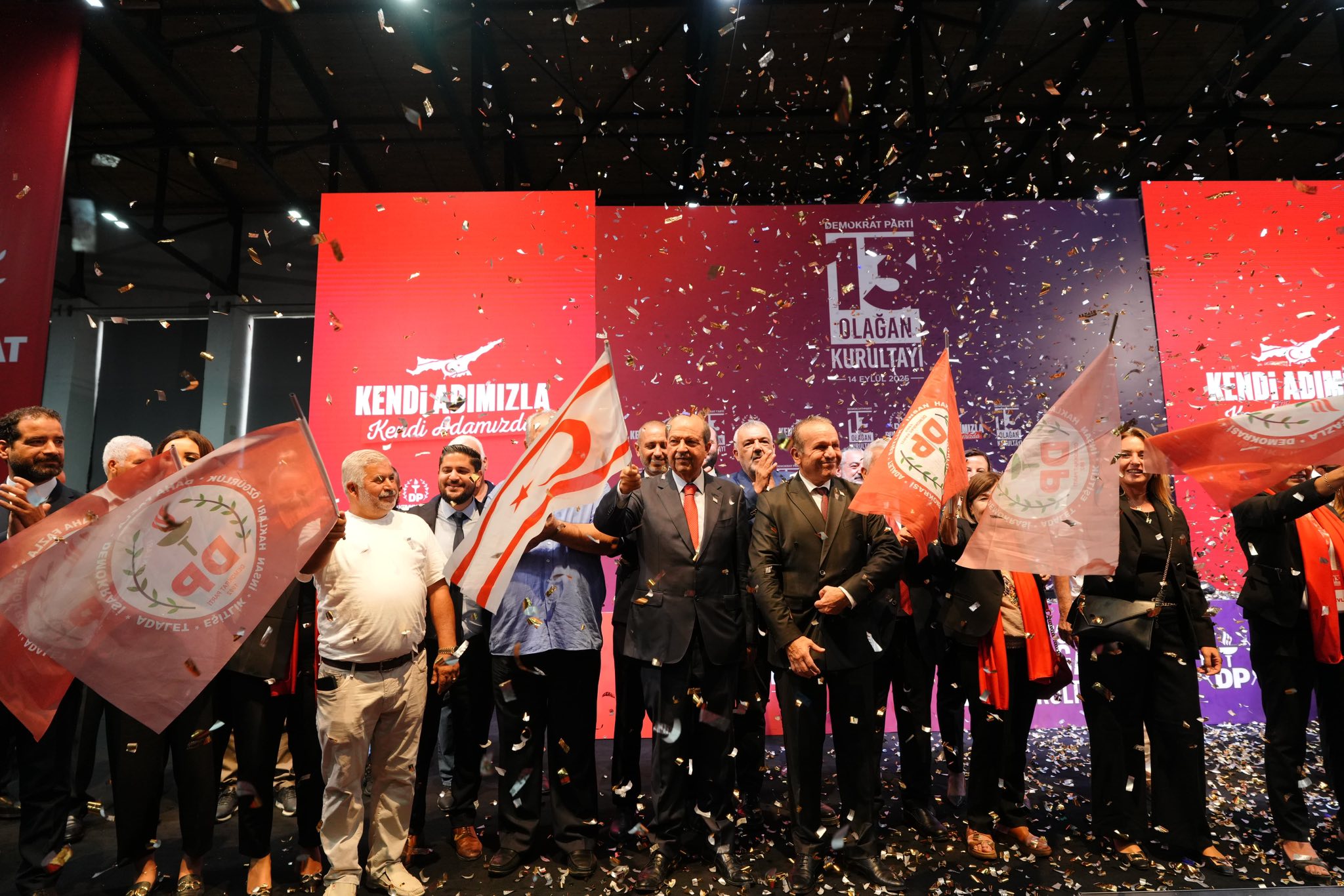
Economically, Tatar pledged in 2020 to deepen ties with Turkey. Ankara has provided funding and support packages, yet imported inflation from Turkey has driven a severe cost-of-living squeeze in the north, generating political pressure. His stump line remains constant: “We are devoted to our state and our people. With the support of the Republic of Turkey, our goal is to lead the TRNC, at the heart of the ‘Blue Homeland’, to a more prosperous future.” He argues that a two-state settlement and closer integration with Turkey would spur growth in tourism, energy and transport, insisting that linking to Europe via Turkey would be more beneficial than via Greece.
As campaign messages crystallise, voters face a stark choice between renewed federal negotiations with safeguards and a hard pivot to sovereign separation, two contrasting paths for a community navigating economic headwinds and diplomatic deadlock.
